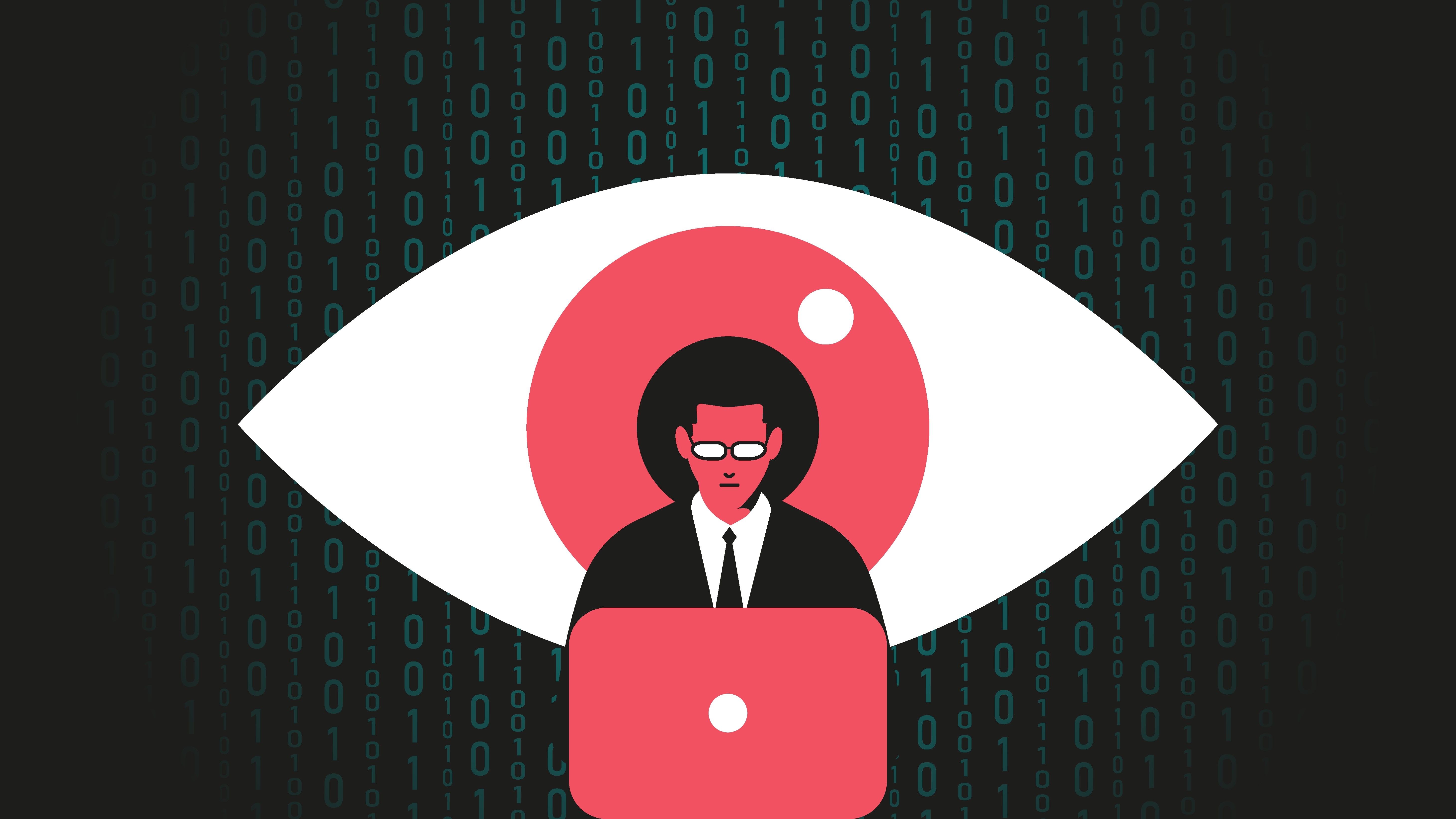
In an all too predictable turn of events, Salt Typhoon, an infamous Chinese state actor, has reportedly hijacked government systems to breach several American broadband providers and gain access to the interception portals required by US law.
Research by the Wall Street Journal has revealed amongst those breached were US telecoms giants Verizon and AT&T, as well as ISP Lumen Technologies, where hackers may have had access to a ‘vast collection of internet traffic’ for months, including court-ordered wiretaps collected in the name of national security.
The US has long pressured telecoms companies to develop infrastructure for ‘lawful interception’ so that they can access communications from network users, but of course, if the access systems exist, they can be exploited.
All’s fair in love and backdoors
China unequivocally denies the allegations that it uses hackers to access government information, and said that the US has concocted a ‘false narrative’ to frame China in the past.
Salt Typhoon recently hit the headlines for another suspected attack on American ISPs, and due to its name, has been linked to other Chinese state-sponsored groups, all of which Microsoft named ‘typhoon’ - Flax Typhoon, Volt Typhoon, and Brass Typhoon, which are reportedly working in coordination to assist the Chinese government in achieving its geo-political goals, including a possible invasion of Taiwan.
As technology becomes even more integrated in our day-to-day lives, the capacity for surveillance and spyware only expands. Major telecommunications firms are forced to ‘cooperate’ in the name of national security by building backdoors for law enforcement or turn devices into ‘spy machines’.
Regardless of your opinion on your own government using surveillance techniques on its own people, the existence of these access systems mean that they can be compromised by threat actors or tech companies and used without your consent.
The US surveillance machine is not just contained within the states either, as these invasions are often used against foreigners living overseas, meaning no one is out of reach for Big Brother.
To try and mitigate this, we've listed the best VPN services around to help keep your information private.
More from TechRadar Pro
- Take a look at some of the best malware removal software
- Dutch police say state actor likely behind recent data breach
- Check out our pick for best antivirus software







